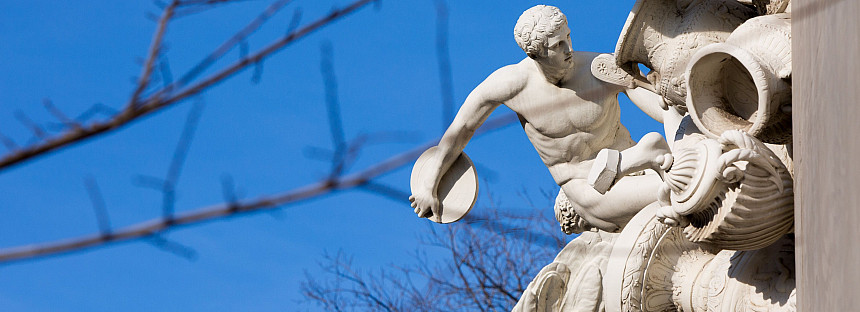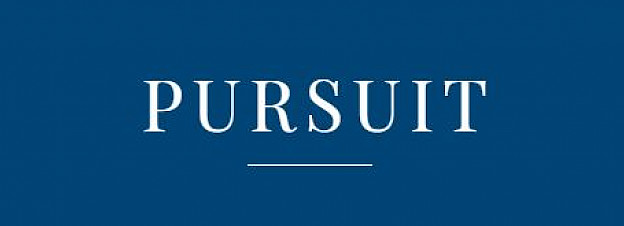Events
at the University of Melbourne
The University is committed to hosting events and activations on its campuses in a COVIDSafe way, in accord with government restrictions and guidelines. Some of our events are presented on campus, others online – be sure to check the details. Find out more about the University’s COVIDSafe plans
Featured events
This webinar is the third in the Australian Centre’s 2024 Critical Public Conversations series: Sovereignty and Solidarity: Redefining belonging in so-called Australia.
Each Australian settler or migrant carries with them their own separate history of interactions with First Nations’ Australians. Not just personally, but historically, in terms of how those from their region of the world have thus far interacted with First Nations’ people and Country.
In this presentation, Australian author of Afro-Caribbean descent Maxine Beneba Clarke discusses the links between the colonisation of (so-called) Australia, and the enslavement and colonisation of people of Afro-Caribbean descent, and how our knowledge and understanding of cross-cultural interactions in the invasion and establishment of Australia helps us move towards solidarity.
ACCESSIBILITY
If you have any support requirements in order to participate fully, please let us know via aust-centre@unimelb.edu.au.
TIME ZONE
To check the date and time against your time zone, click this link and enter your city: https://time.is/compare/
KEEP IN TOUCH
Connect with our work by subscribing to our monthly newsletter.
The Melbourne University Regiment will continue its longstanding tradition of holding an ANZAC Day Dawn Service on campus at the Cenotaph opposite the South Lawn this coming ANZAC Day, Thursday 25 April, from 5.20am.
Although we particularly remember the impact of WWI and WWII on this day, all members of the community are invited to attend to reflect on lives lost in, or changed forever by war.
As this is an outdoor event and will go ahead if it rains, please come prepared for the weather conditions.
Booking is not required for this event.
Health advice.
- You are welcome to wear a face mask anywhere on campus for personal and community safety.
- Please stay at home if you feel unwell or have been ordered to isolate.
- To read more about the University’s COVID-19 response, please visit: https://www.unimelb.edu.au/coronavirus.



